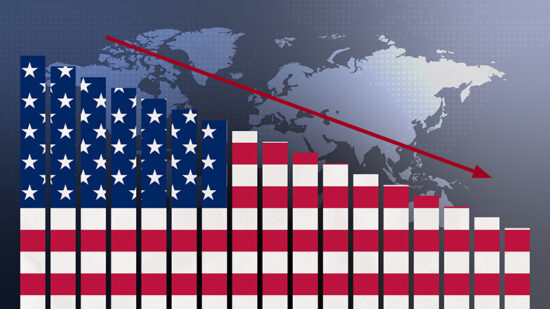There is such a divergence in outlook around the globe right now that investors will benefit more – and for longer than they may think – from their bottom-up selections than the top-down considerations with anything larger than a country allocation being too broad.
And if investors do look at regional allocations, then fund managers running a concentrated, stock-picking strategy should be well placed to reap the rewards.
The latest World Economic Outlook (WEO) from the International Monetary Fund talks about fiscal policy, for instance, projected to be neutral in advanced economies as a whole…somewhat expansionary in some countries…somewhat contractionary in others.
It also refers to a neutral policy in emerging markets as a whole that “masks a substantial diversity across countries and regions”.
Elsewhere in the report, the WEO refers to the fact that “monetary policy stances across emerging market economies remain divergent”. It is a bit like the weather forecast predicting a 50% chance of rain – while professional investors might like a binary prediction of “it will or it won’t” they deserve – and largely – get better.
Within a context of a forecast of global growth being 3.2% this year and 3.5% in 2017, let’s take a look at the economic outlook from the WEO for one specific region, Asia, in more detail.
Across developed Asian markets, it is forecasting growth to slow in Singapore (1.8%) and Hong Kong (2.2%); it will pick up in Korea (2.7%) and Taiwan (1.5% from 0.7% last year); ahead of last week’s Q1 GDP growth figure of 6.7% representing further slowdown in China, the IMF predicted 6.5% growth for 2016 and 6.2% the following year.
In emerging Asia, the only one outside the ASEAN countries (Indonesia, Malaysia, Philippines, Thailand and Vietnam) it picked out was India, projecting growth to increase to 7.5% in 2016-2017.
Among the five ASEAN markets, growth is expected to nudge down in 2016 in Malaysia (to 4.4%) and Vietnam (6.3%) and increase in Indonesia (4.9%), the Philippines (6%) and Thailand (3%).








